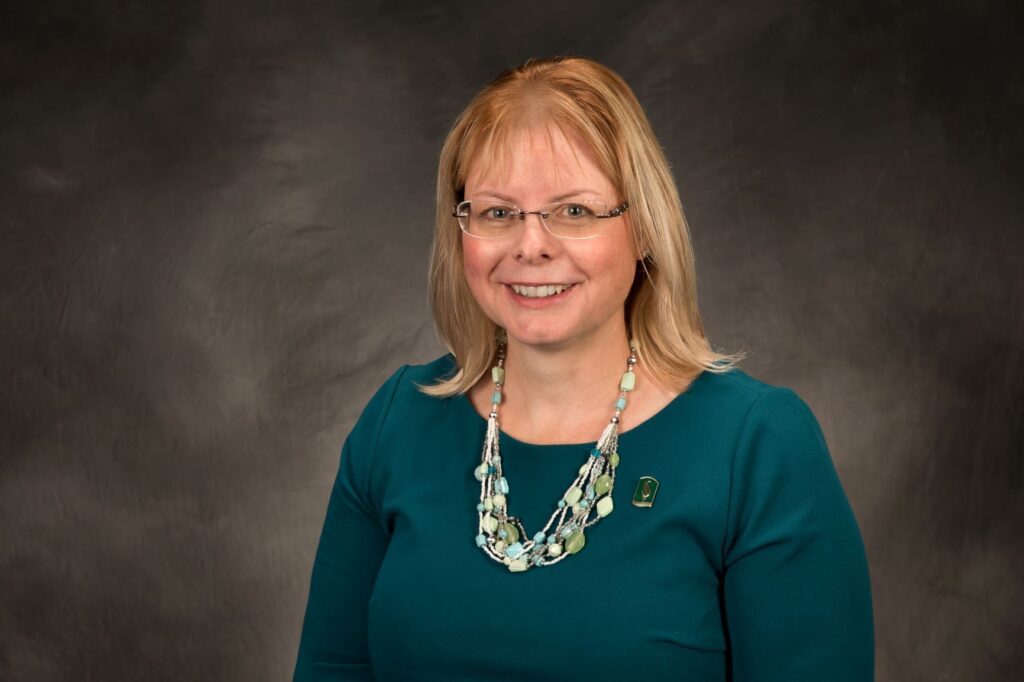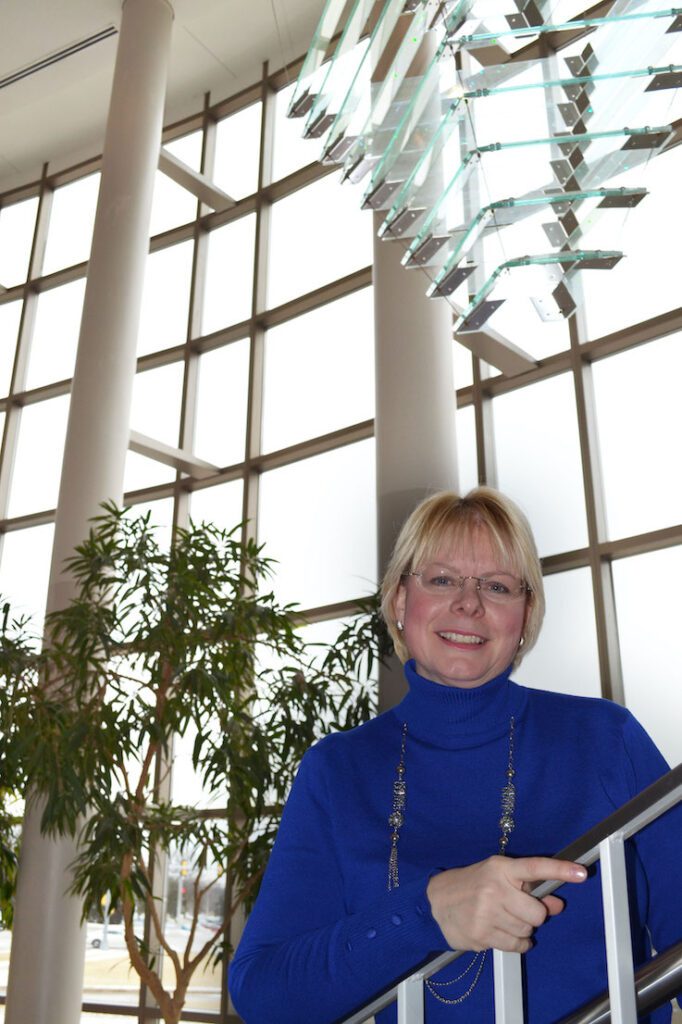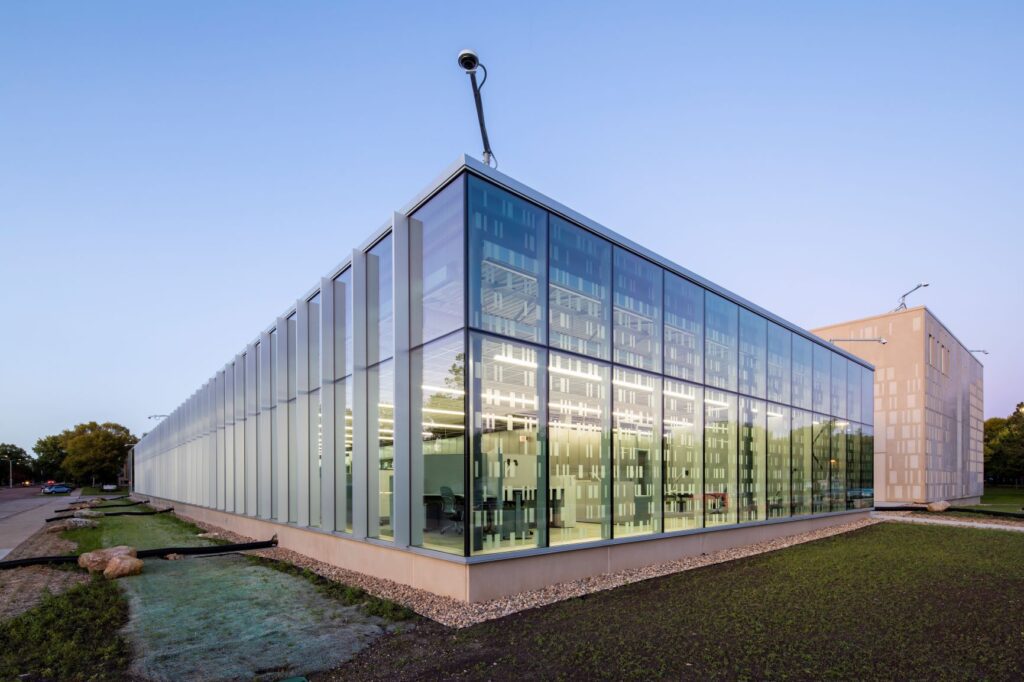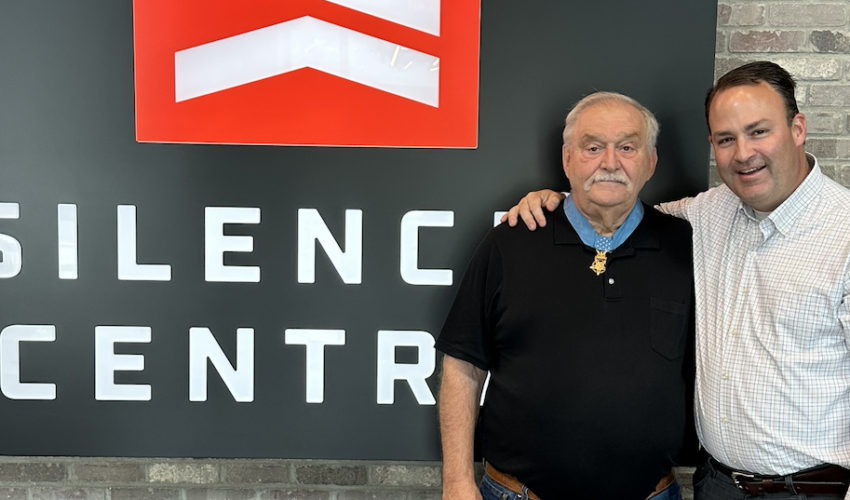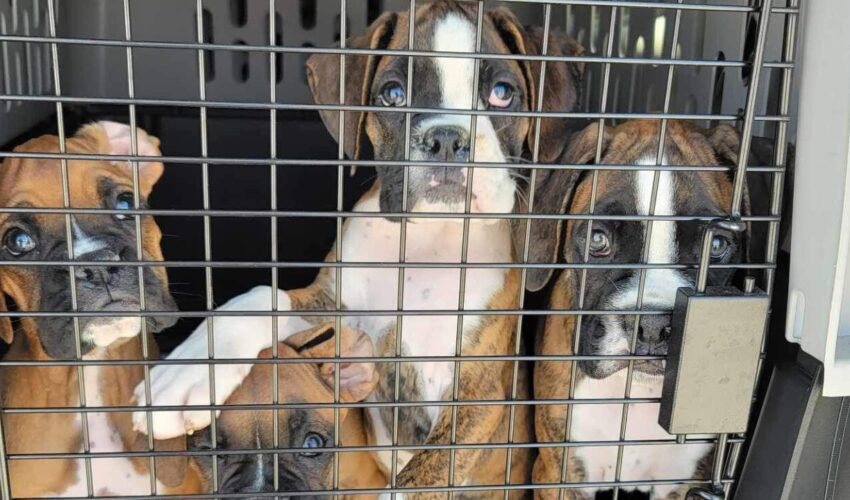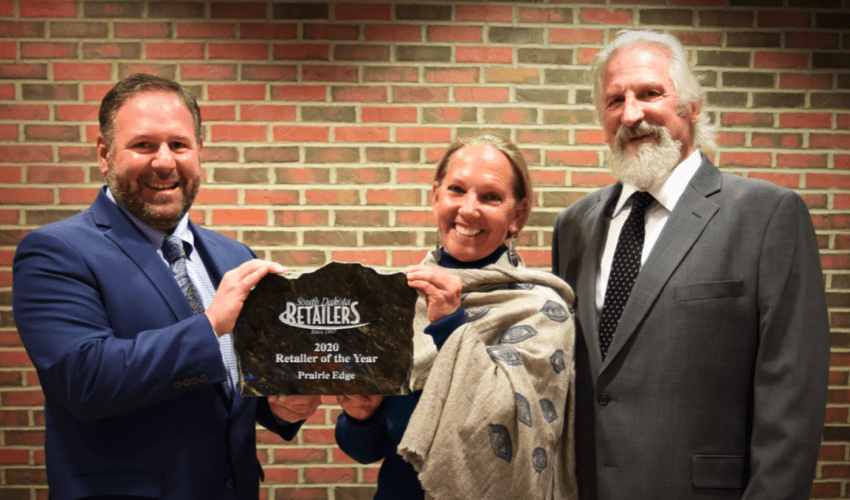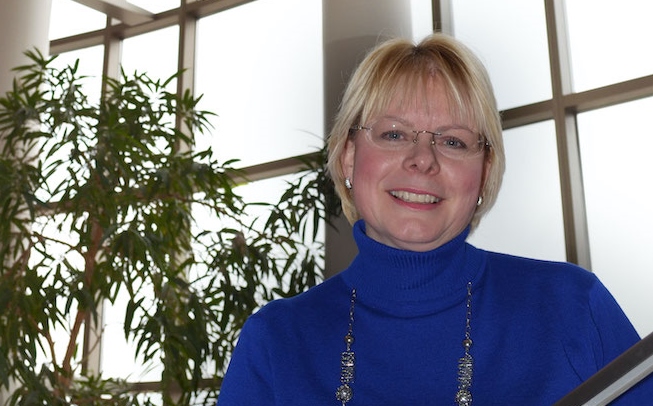Get to know Katherine Cota, DSU’s new director of economic development
Feb. 1, 2021
This paid piece is sponsored by Dakota State University.
Katherine Cota started learning what it takes to grow business earlier than most.
At just 12 years old, the Grinnell, Iowa, native started her first business: a personal services company for the 100 homes in her community surrounding the lake at Rock Creek State Park between Grinnell and Newton.
She provided babysitting, pet sitting, house sitting, house cleaning and elderly companionship before graduating high school and attending the University of Northern Iowa.
She ran her own business there too — editing students’ papers — and served as an administrative assistant for the MBA program, graduating with a bachelor’s degree in anthropology. She went on to receive her master’s degree in communications from UNI and an MBA from St. Ambrose University. She has helped hundreds of entrepreneurs in an incubator program launch their businesses. She also has worked for a law and accounting firms.
With her previous experience and more than 20 years of employment at UNI, she’s a perfect fit as the new director of economic development at Dakota State University.
We learned more about her vision for the university and the potential she sees for economic growth.
How did you discover Dakota State University and this position?
I considered several university positions; however, the interview committee for the DSU position stood out. The people on the committee liked each other as people and as colleagues. For me, the work is important, but the relationships are more important. That’s when I knew DSU would be a great place to work.
What are your day-to-day job duties?
Every day is different, but a lot of what I do consists of licensing or commercializing the intellectual property of DSU faculty, directing the Paulson Cyber Incubator and Entrepreneurship Center, helping DSU students and community entrepreneurs start businesses and working with community organizations to increase the economic development activity in the region.
Tell us about your previous work experience and how that will translate to your position at DSU.
In 1996, John Pappajohn made donations to five Iowa colleges and universities to start the John Pappajohn Entrepreneurial Center. The chair in entrepreneurship at UNI called me after the announcement and asked me to come back to UNI to help launch the entrepreneurial center. I worked at UNI’s JPEC until the summer of 2018.
In the summer of 2018, I moved to Northern California to start a new entrepreneurial center and program for California State University, Sacramento. After leaving that position, I made the financial decision to return to the Midwest and work for a university in the heartland.
All these jobs have provided me the opportunity to work in the fields of entrepreneurship, commercialization, intellectual property and economic development. It also provided insight and experience in innovation and technology transfer. All will play a role in my position as the director of economic development.
What do you most enjoy about your work?
I enjoy working with students, faculty and community entrepreneurs to help them realize their goal of starting a business. The confidence gained by students who go through an applied entrepreneurship program is one of the things that makes work enjoyable.
Tell us about the importance of intellectual property to both institutions and researchers.
Protection of intellectual property is important for both faculty and universities. Some IP can become a revenue stream for the faculty member and the university. This revenue can be used to further existing research and create new opportunities for research.
How critical is your role in developing this process with our growing research environment?
The process of disclosure of intellectual property at a university is required under federal law and allows the university to protect faculty and university interests. When protecting these interests, it is important for the faculty member to be part of the process of protecting and using the IP. As research at a university increases, it is important for faculty to disclose their research and IP so resources can be allocated to help that faculty member finalize that IP. This benefits the university and the faculty member in many ways – financially and professionally.
What types of business innovations do you see at DSU?
DSU will have many innovations coming from faculty and the MadLabs. These innovations will be in, but are not limited to, cyber, security, artificial intelligence and health.
How do you plan to accelerate economic development at DSU?
The economic development plan for DSU involves IP protection, licensing, commercialization, as well as student and community business development.
What relationships do you hope to create in this position?
I want to create relationships that will help us achieve our goals and those that are necessary to do the work – mainly relationships between community economic development organizations, government agencies, equity investment groups, etc.
What do you look forward to achieving in your role as the director of economic development?
My desire is for DSU students to realize entrepreneurship – being your own boss – is an option. Not every student will want to be the owner of a company, but every DSU student needs to realize the skills of entrepreneurship will serve them well in any company for which they work. Companies want employees who are communicators, problem-solvers, persistent, responsible and take initiative. Some students will want to start companies, and some of those companies will launch from DSU to grow in the regional economy.

